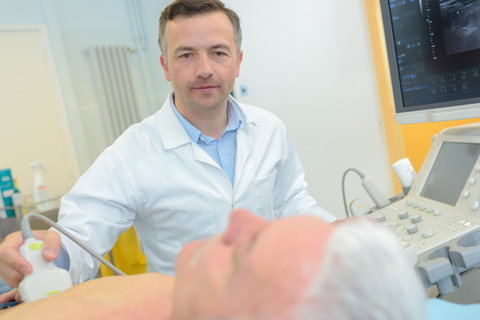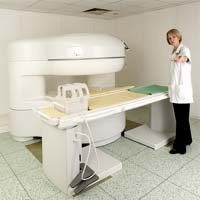The Future of Mesothelioma Diagnosis: A Faster, More Affordable Solution
A new study’s groundbreaking findings show that using both MTAP and p16 IHC can be a powerful tool in diagnosing mesothelioma. This method not only offers a more affordable option but also boasts high accuracy. By simplifying the detection of an important gene, medical professionals can speed up treatment decisions. This gives mesothelioma patients a more efficient and effective path toward recovery. Mesothelioma is a rare and serious type of cancer that affects the lining of the lungs, abdomen, or heart. It is caused by exposure to a harmful substance called asbestos. Diagnosing mesothelioma early is crucial for effective treatment. To diagnose mesothelioma, doctors use a variety of tests, including imaging scans, biopsies, and genetic tests. One important genetic alteration…









